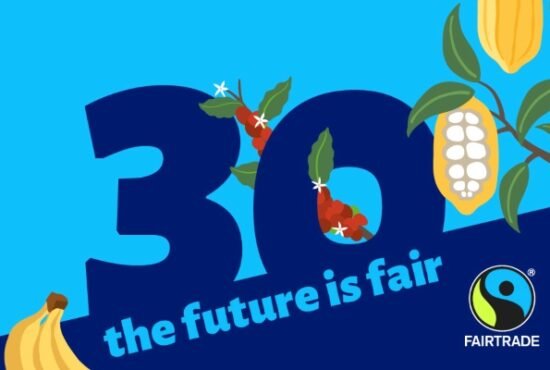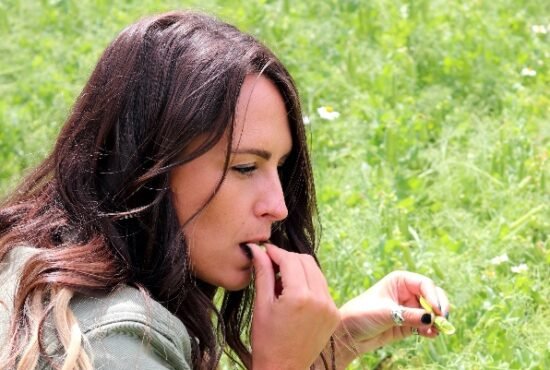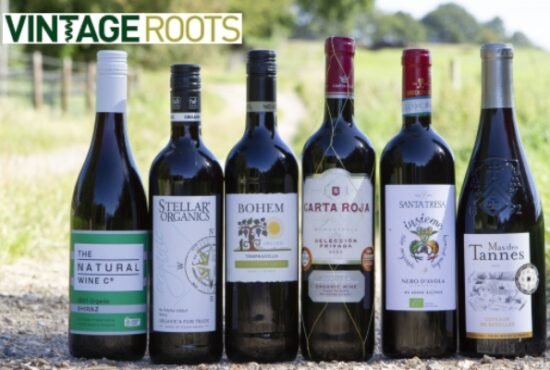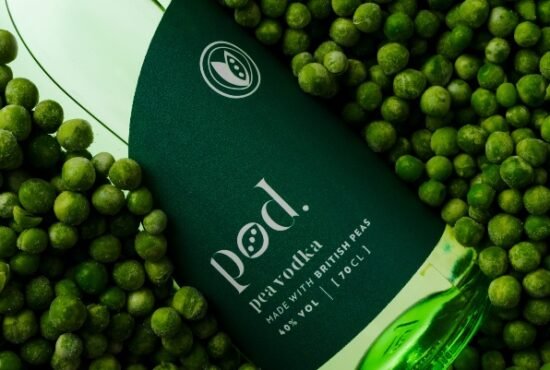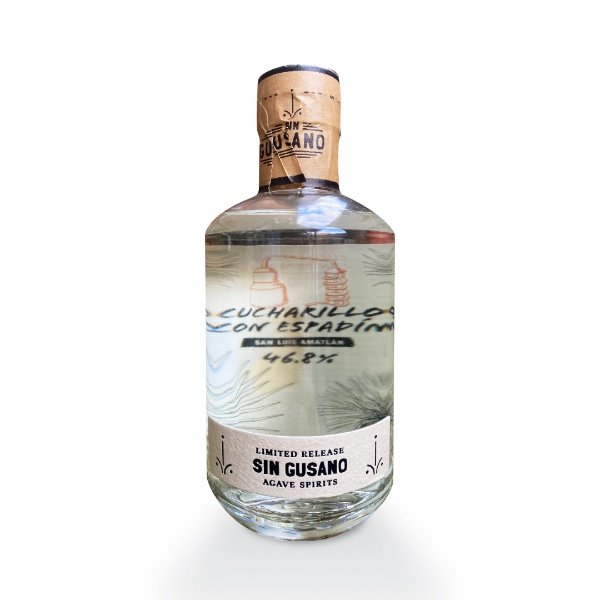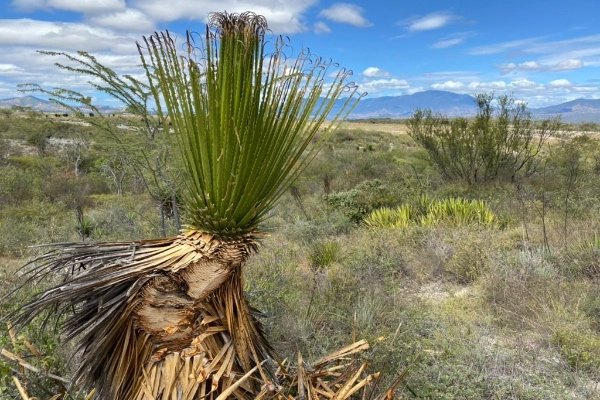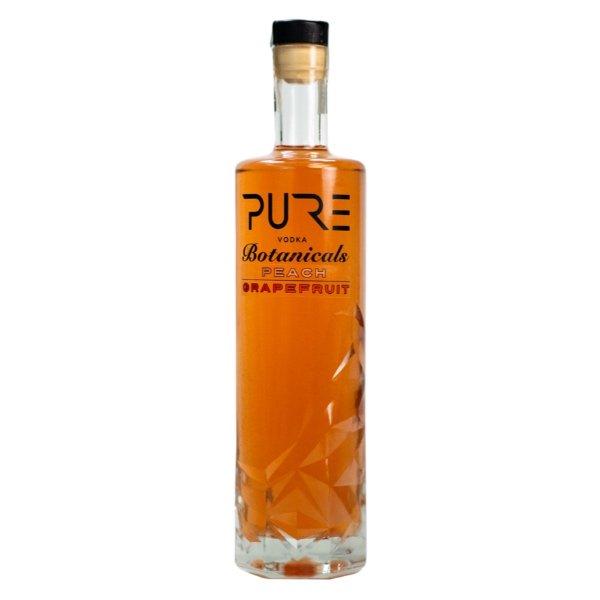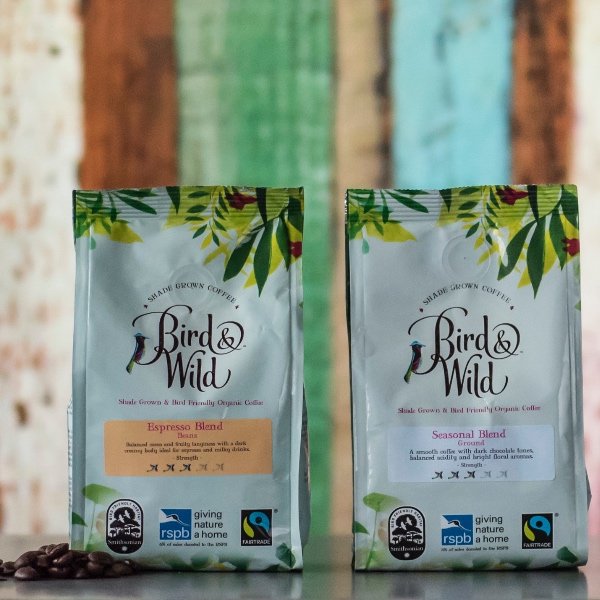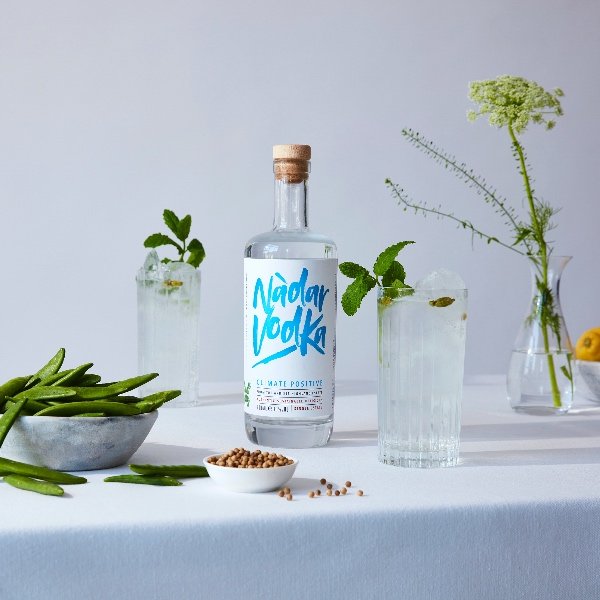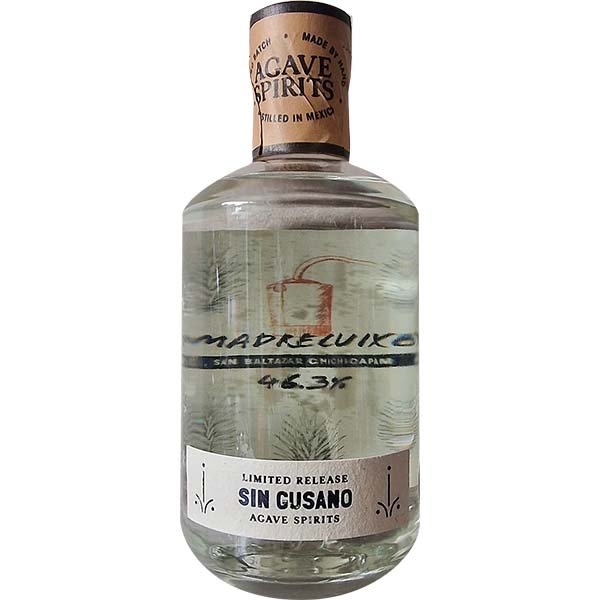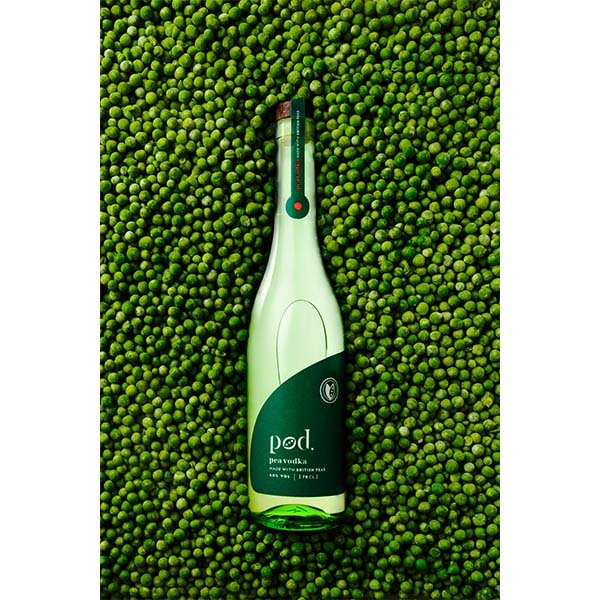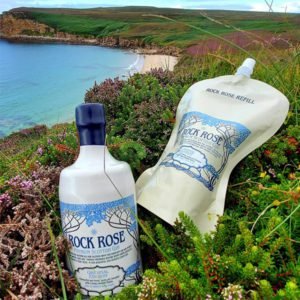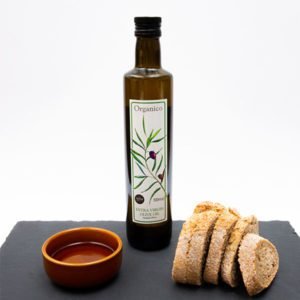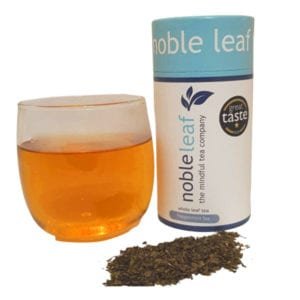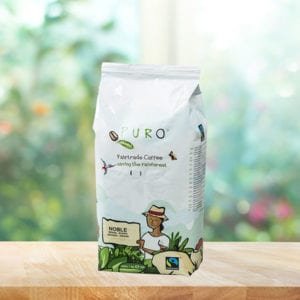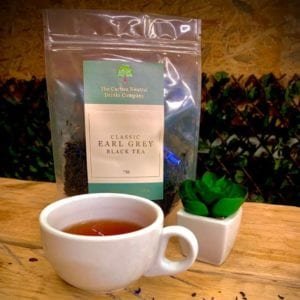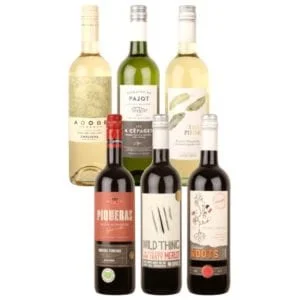In the community of San Luis Amatlán, in the Miahuatán district of southern Oaxaca, Camilo shares a palenque with his brother-in-law, Nicolas, and makes spirits in the style of the region.
While Miahuatlán has a long history of working with a wide variety of agave species that all thrive in its unique tierra blanca (white earth), producers are only recently experimenting with Cucharillo.
Cucharillo is not actually an agave, rather it’s a species of dasylirion. This type of plant has a much longer history of being distilled in the north of Mexico, where it’s known as Sotol.
As opposed to agaves, which flower just once before dying, dasylirion plants flower once every few years, after which the plant can continue to grow. This is quite exciting from a sustainability perspective, as it means seeds can be collected from a plant before it dies. Whereas an agave must be harvested before going to seed to be good for mezcal.
This winter batch was distilled in December 2021. After proofing with heads and tails (puntas y colas) the final yield of the batch was 60 litres. We’ve had it resting since, and now here it is!
Understanding artisan mezcal can be an awakening; our modern consumption habits are not only unsustainable, but less fun, less fulfilling and less tasty than following traditional methods and being led by our natural environment.
Mezcal can be almost unbelievably delicious.
 Play Video about This Rock Might Just Save The World
Play Video about This Rock Might Just Save The World Play Video about Play 2 hours of rock
Play Video about Play 2 hours of rock Play Video about Play 2 hours of brook
Play Video about Play 2 hours of brook Play Video about Play 2 hours of sheep
Play Video about Play 2 hours of sheep
